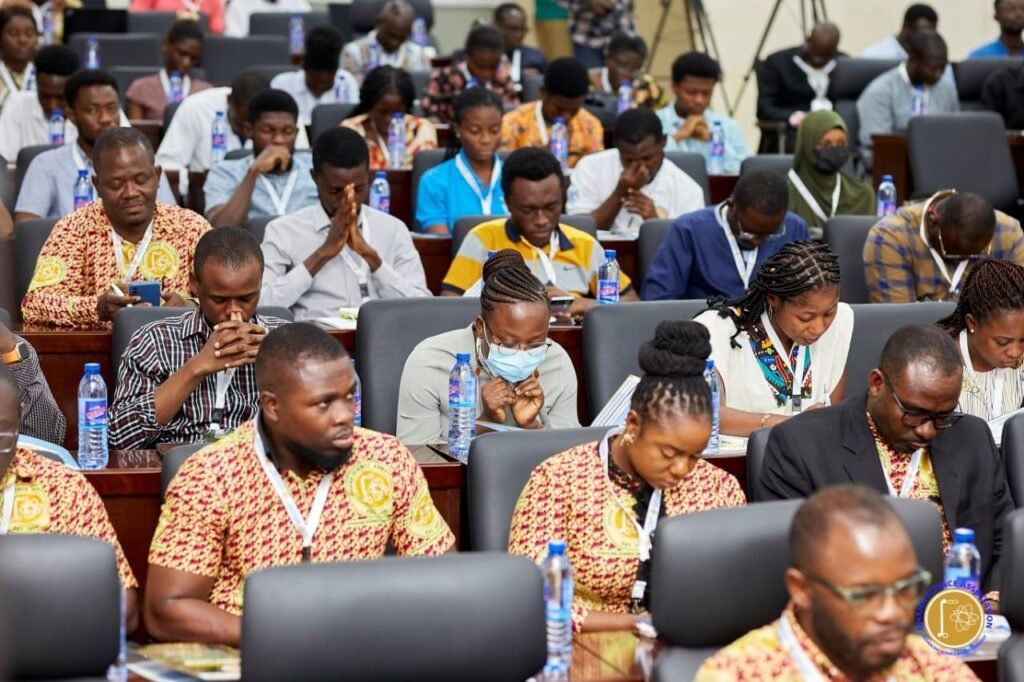ARTICLE AD
The Deputy Minister of Energy, Collins Adomako-Mensah, has urged members of the Ghana Science Association (GSA) to develop new innovation and sustainable ways to resolve challenges confronting Ghana’s energy sector.
He noted that Ghana’s quest for its industrial growth hinged largely on reliable and cheap energy sources, hence the need for the Association to come up with home grown technological solutions to compliment government’s efforts at addressing these challenges.

Mr Adomako-Mensah was speaking at the 19th Biennial workshop for members of the GSA at Sunyani in the Bono Region.
The workshop was on the theme: ‘Innovative, Affordable and Sustainable Energy Supply in Ghana for the 4th Industrial Revolution.’
Among the objectives of the workshop was to afford participants the opportunity to brainstorm and find solutions to the major contemporary energy sector, challenges facing the country and how they can be mitigated using digital tools.
Mr Adomako-Mensah then urged the participants to ensure their discussions addresses the synergy between academia, policy makers and industry as the country embraces “the era of accelerated applications of artificial intelligence in all aspects of the world’s economy, especially in manufacturing industries to improve efficiency.”
The government, he stressed, through the National Energy Transition framework and the National Energy Transition Plan had introduced new technologies such as nuclear power, carbon capture, wind energy as well as the sustainable expansion of existing technologies, such as solar and natural gas to meet growth of domestic energy demand and industrialisation drive for the country.
Furthermore, he mentioned the removal of import tax on commercial electric vehicles as key milestones chalked by the government to create the enabling environment and to increase the penetration of electric vehicles in Ghana, to meet the country’s climate change goals in order to reduce the economic burdens on the people.
The National President of the GSA, Prof. Gideon Kofi Helegbe, commended the Ministry of Energy and its allied agencies and Ghana Energy Foundation for developing the needed infrastructure with the adoption of electric vehicles in Ghana’s transportation sector.
He stated that companies such as Safina Ghana limited and others leading the investment in waste to energy conversion, estimated to add an average of about 35.8MW of biopower to the overall generation capacity of the country, were some of the significant efforts played by the Energy Ministry.
He also added that the forum would highlights the core areas of Ghana’s National Energy Transition framework (2022-2070) and key millstones achieved and challenges.
The Vice Chancellor of University of Energy and Natural Resources, Prof. Elvis Asare-Bediako, said the fourth industrial revolution was not just about technological advancement, but rather the right systems that support our life, particularly our energy supply.
He noted that as a nation “we find ourselves at the intersection of global innovations and local necessities, adding the challenge was to assure Ghana’s future energy systems are sustainable, affordable and fit for purpose in rapidly world.”

 1 month ago
6
1 month ago
6 

